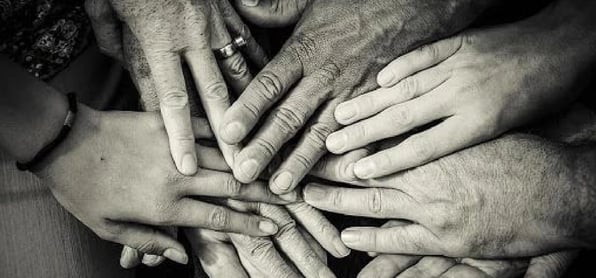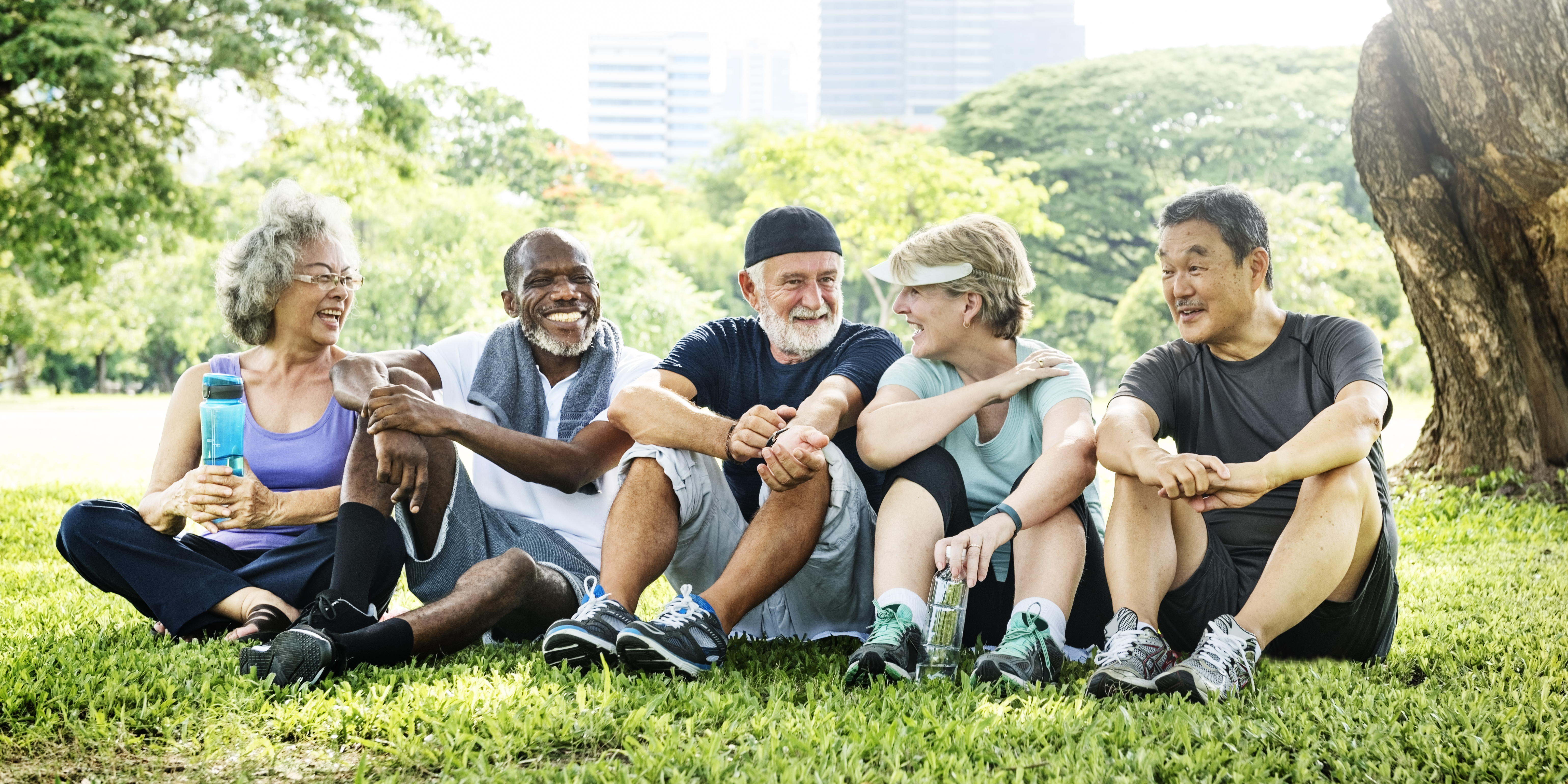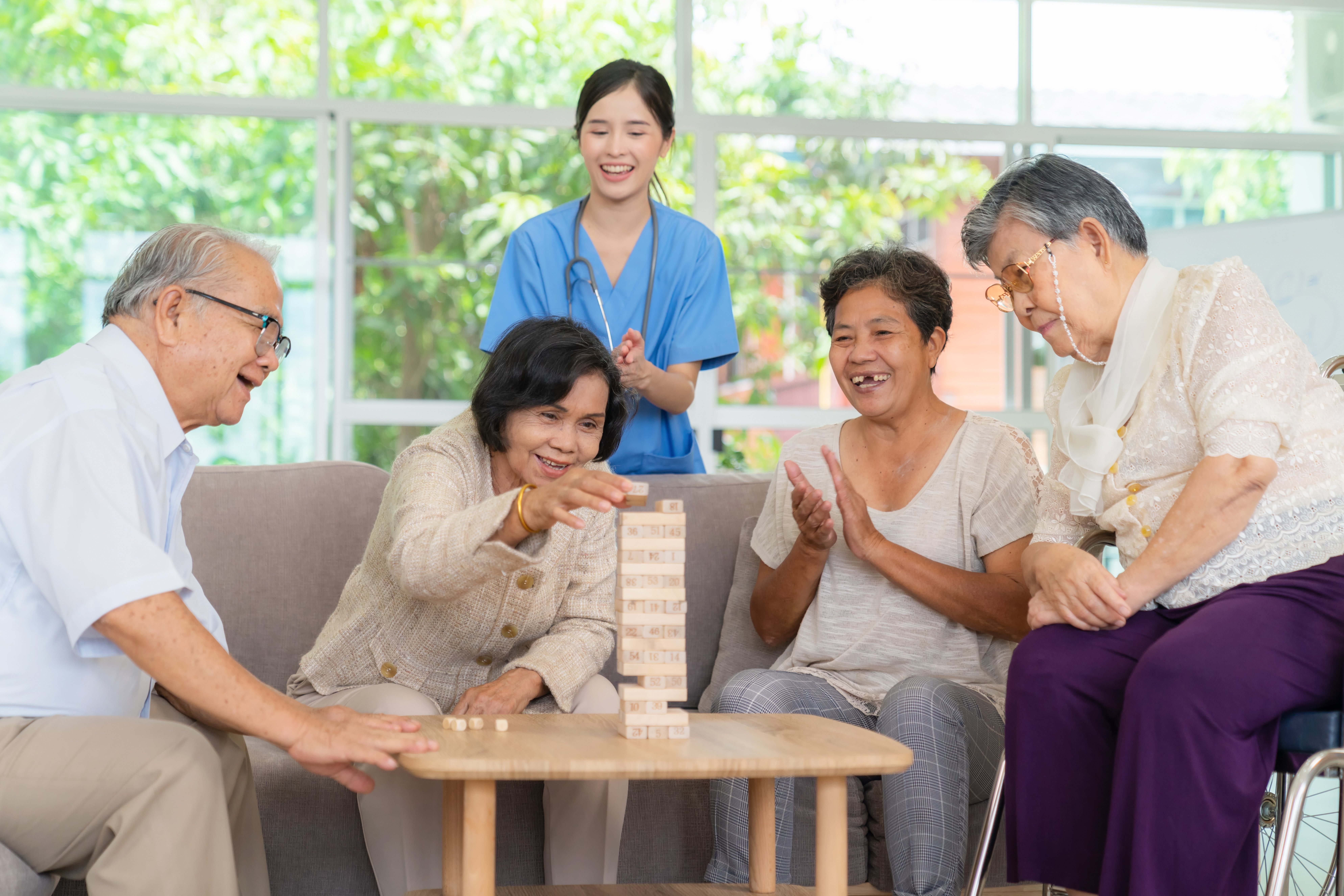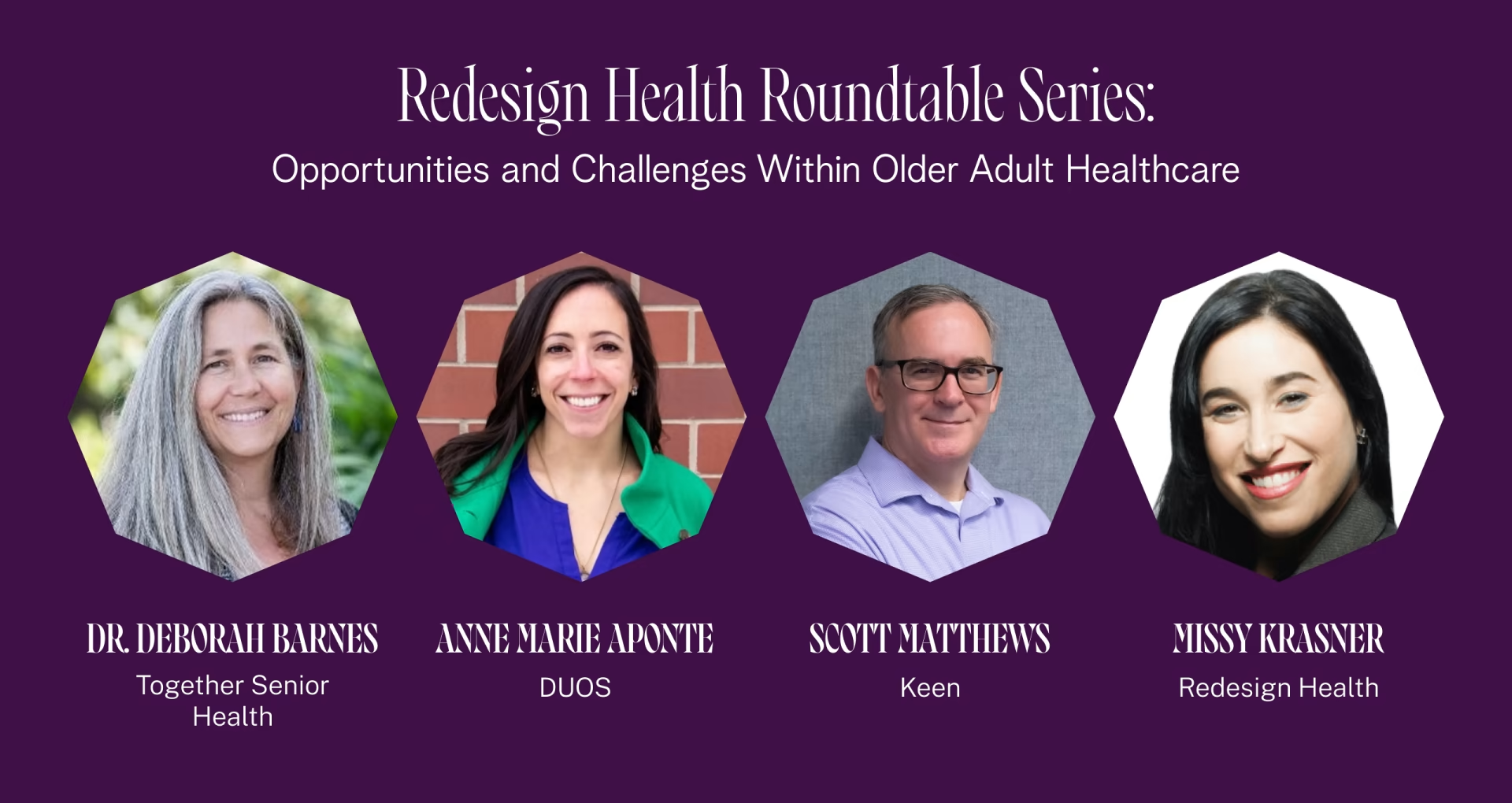
How has COVID-19 impacted people with dementia?
We have surpassed the one year anniversary of the emergence of COVID-19. It has been a difficult year for many, but especially for the most vulnerable among us. According to a recent study that analyzed over 6 million patient electronic health records of adult and senior patients, people with dementia were at increased risk for contracting coronavirus, and more likely to be hospitalized and die from it. These findings underscore the importance of advocating for and protecting people with dementia.
Additionally, the study found that Black people with dementia were almost three times as likely as white people with dementia to contract the virus, pointing out that people of color have been disproportionately harmed during the pandemic. While people of color with dementia are at higher risk for contracting COVID-19, this HealthDay article points out that many patients and caregivers of color do not have confidence that they will receive access to quality health care due to discrimination. These disparities must be addressed in our culture as well as in the medical community.
Why are people with dementia affected differently?
The reasons for increased vulnerability to COVID-19 for all people with dementia may include cognitive factors, such as remembering to wear a mask in public, wash hands frequently, and stay six feet away from others. People with memory loss may rely on others to help them with these precautions.
Not only are they more socially at risk, but they also have cognitive impairment which can interfere with their ability to stay safe in a pandemic.
Another factor might be what is considered ‘frailty,’ such as minimal muscle tone and lack of mobility. This factor contributes to low resilience to infections.
MOVING Together can help
Cynthia Benjamin, CEO of Together Senior Health, shares a concern for people with dementia during this pandemic,
“Our community is already hit harder than most by social isolation, and it turns out that the outcomes and downstream effects of COVID-19 are worse for them as well. We’d like to make sure that our participants have access to the resources they need to take care of themselves and each other in these challenging times.”
The Moving Together Program was designed with movements that support long term health and well-being for people with memory loss and their care partners. These movements are reinforced through repetition and work with procedural memory, also known as ‘muscle memory.’ Muscle memory stays intact, even after the onset and progression of dementia. The movements in the program strengthen healthy habits, including rubbing hands together as in washing hands, placing feet under knees for stable transitioning to and from sitting and standing, breathing mindfully, stable bending, reaching, and much more.
Additionally, often participants’ favorite music is played along with some of the movements, which really lightens people’s mood, and contributes to good experiences in class.
Thoughts from our participants
Not only do the Moving Together participants appreciate the movements, music and exercises in the program, but they also enjoy that they can connect socially with others.
As one Moving Together participant expressed after six months into the pandemic,
“In these isolating times, the Moving Together class provides a wonderful way to connect with other people in a very healthy way. The camaraderie of the class is very uplifting and I look forward to it every week. My balance issues are starting to become more manageable as a result of the exercises we do, and my overall sense of wellbeing is greatly enhanced.”
Breathing exercises to improve overall health
Whether you have experienced COVID-19 first hand, know someone who has, or have been extremely cautious to not contract it, one fact has come to the forefront of many people’s minds: breathing is not to be taken for granted. In Moving Together classes, one way we support participants is by bringing attention to breathing. Focusing on and appreciating a full breath can have a profound, grounding effect.
Moving Together Instructor Chris Stribling shares the some short videos on breathing on our Instructor page. In Part 1, you will find interesting facts about breathing. In Parts 2 and 3, you can participate in short breathing lessons. Give it a try!
Additional resouces to explore
If you or someone you know has mild to moderate cognitive impairment, the Moving Together Program may be a good fit. To learn more about our upcoming research study, click here: https://togetherseniorhealth.com/current-research-study
We have gathered the following resources for anyone interested in more information about Coronavirus, vaccinations, vaccination sites, and dementia related support:
- Vaccination Resources
- Where to find vaccination sites:
- How to Sign up for a Covid Vaccine in Your State: https://www.npr.org/sections/health-shots/
- Find a Covid vaccine in California:
https://covid19.ca.gov/vaccines/ - Additional Resources in the San Francisco Bay Area:
- Information on each vaccine: https://www.cdc.gov/vaccines/covid-19/index.html
- Government Support: https://www.benefits.gov/help/faq/Coronavirus-resources
- Coronavirus Resources for African Americans
https://naacp.org/coronavirus/coronavirus-resources/ - African American Alzheimer’s Wellness Association
https://www.africanamericanalz.org/ - Alzheimer’s Association Public Health Spotlight on Race, Ethnicity and Alzheimer’s Disease
https://www.alz.org/media/Documents/spotlight-race-ethnicity-alzheimers.pdf - Alz Caregiver Educates Other African Americans
https://www.alz.org/norcal/about_us/everyone-is-welcome/african_american_resources_(1)
by Allison Porter Klinger, Moving Together Instructor




